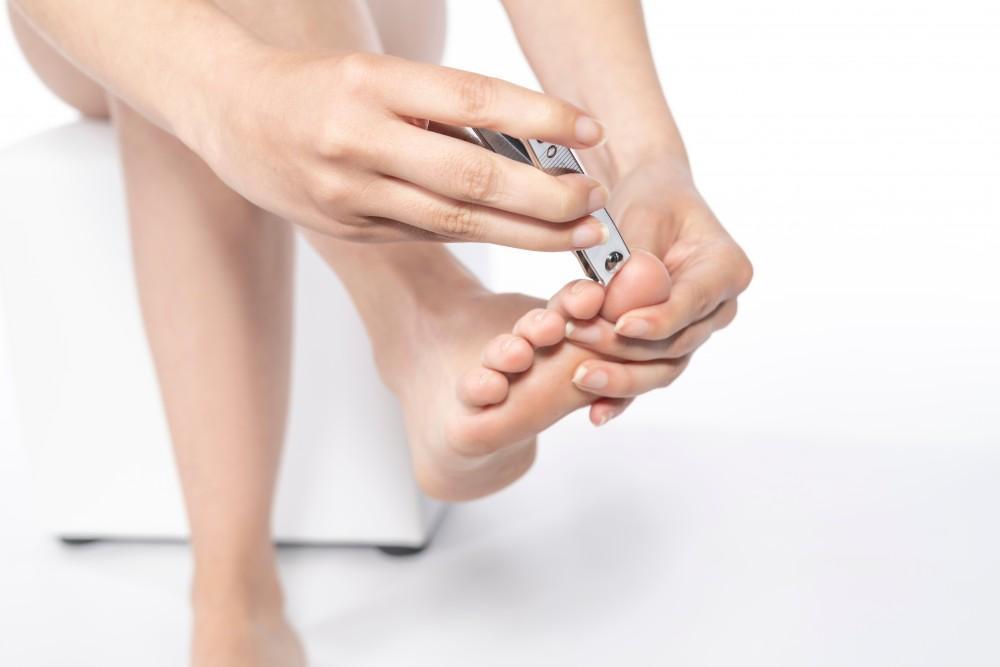
If You Have Diabetes, Your Feet Are in Danger

According to the Centers for Disease Control and Prevention, one in 10 Americans suffers from diabetes, a condition in which the body isn’t able to adequately use glucose for energy. Whether you have Type 1 or Type 2 diabetes, you may be already aware of the harm that elevated blood sugar levels can cause to your arteries, nerves, and feet.
Here, we’ve asked our diabetic foot care experts at Family Foot and Ankle Center of South Jersey to explain how to prevent complications associated with slow-healing wounds and other foot issues related to diabetes.
Diabetes and your feet
Although diabetes is a chronic, lifelong condition, you can manage it by keeping your blood sugar levels under control with the help of diet and medications.
If your diabetes is poorly controlled and your blood sugar levels are chronically elevated, you may experience tingling and a lack of sensation in your feet. This is a sign that your nerves are misfiring. Elevated blood sugar levels damage the nerves by stifnessing and narrowing the veins that supply the nerves with oxygen and nutrients.
As a result, when you develop wounds on your feet, those wounds take longer to heal. Not only that, but you may not realize they’re there due to a loss of sensation.
In severe cases, foot wounds can lead to a bacterial infection that your immune system can’t fight. If the infection spreads, amputation may be necessary. Fortunately, you can prevent these complications by keeping your blood sugar levels under control and seeking prompt medical treatment for wounds.
Common foot issues associated with diabetes
Diabetics may develop wounds, fungal infections, calluses, ulcers, and gangrene on their feet. Although these issues are not exclusive to diabetics, they tend to be more common — and more serious — in diabetics.
To ensure that your feet are free of lesions or infections, inspect your feet daily. Wearing dry, breathable socks can help prevent bacteria such as those that cause athlete's foot.
Having a podiatrist on your care team is crucial when you have diabetes. Your podiatrist examines your feet for lesions and nerve damage and can treat any wounds or problems promptly to prevent infection or further complications. Your provider also may recommend special footwear or custom orthotics.
Getting treatment for your diabetic feet
If you’ve noticed wounds or lesions on your feet, contact us to schedule an appointment. Our experts will be more than happy to treat your foot problems and educate you on how to lower your risk for complications related to diabetes.
You Might Also Enjoy...


5 Ways to Keep Your Bunion Pain to a Minimum

Gout: What Is It and How Can I Get Rid of It?

Complications of an Untreated Ankle Sprain

Suspect You’ve Broken Toe? How To Tell and What to Do


